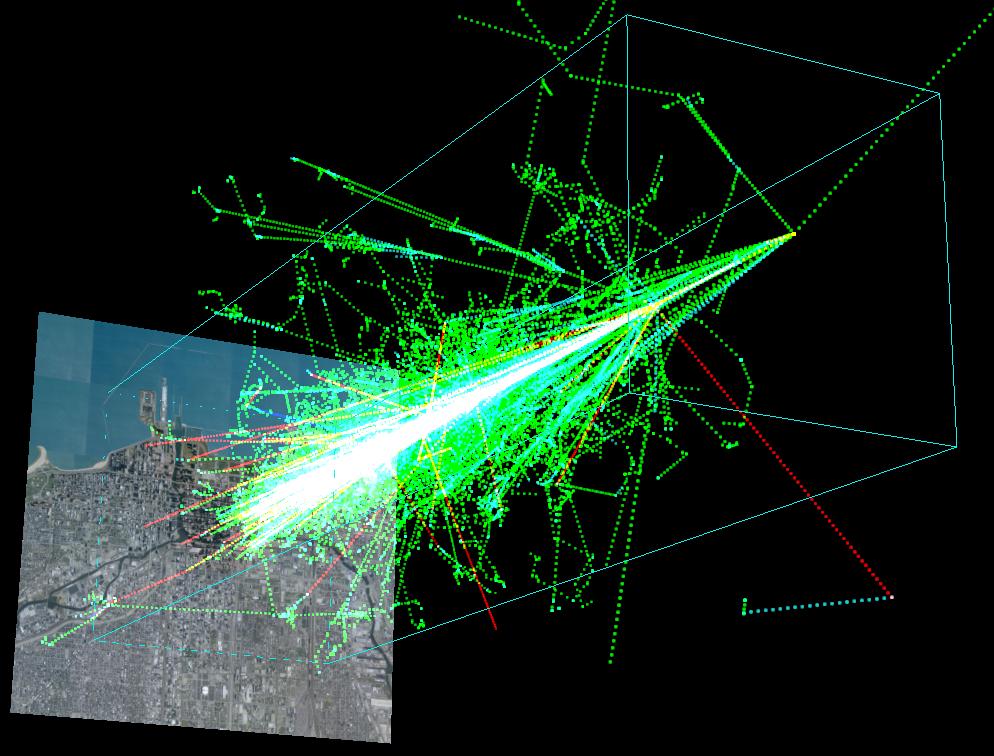I’ve had a listen to Kathleen Dunn’s conversations with Michael Behe, professor at Lehigh Unviersity, and Anj Petto, professor of Evolutionary Biology at the University of Wisconsin. The interviews occurred over two days, and I decided to listen to them all at once in order to get the whole picture. Here are my notes on the two interviews.
Michael Behe
When asked whether we would do research to test the intelligent design idea, he replied that he wasn’t interested in research but rather just interpreting the data that’s already there. He later got into an unfortunate gentle spat with a biochemist on the phone about whether credentials define you as a scientist. Here I would comment that even a person with a Ph.D. isn’t necessarily a perfect and qualified scientist. A scientist earns the degree by learning how to be a scientist, but maintains that stature by making a lifelong commitment to hypothesis, experimentation, and interpretation of the data. Behe appeared to suggest he was only interested in the interpretation part. But that’s only necessary, not sufficient, for science. He also has to be willing to test his interpretation with experimentation, or it’s just not science.
Behe argued that the right question is not, “How do you scientifically prove there is a designer?” but rather, “How do you detect evidence of design in nature?” However, that opened a bigger gap than the ones proponents of ID propose their idea fills: who is the designer? If you posit the question, then shirk responsibility for answering what or who did the designing, you’ve avoided the very tenet of the idea.
After 54 minutes, Ms. Dunn was clearly still not feeling like she understood the points Behe was making. She asked him point blank to answer “Who designed what?” in all of this. He responded that not *everything* is designed, but he felt God was a good candidate for the “designer”. Sigh.
My feelings after all this were that “intelligent design” really opens a bigger gap than those in the fossil record: who is the designer? That seems open to metaphysical interpretation, and no longer in the purvue of science. As the biochemist who called into the program said, filling the gaps in knowledge with a supernatural explanation has never been productive.
Anj Petto
Petto was first asked what “teach the controversy” means. He first pointed out that ID itself is not well defined; witness Kathleen Dunn’s asking for complete clarification after 54 minutes of her own interview with Behe. Within the scientific community, scientists debate the details of evolution, and that debate occurs in open journals. There **have** been challenges to strict Darwinian Evolution. In the last half-century, ten challenges were made to the strict evolution of Darwin. When they were raised people engaged in research to answer them. They didn’t go on TV or into the media and say, “I think strict Darwinism is not correct so please teach the controversy.” They did work, hard work, and tested their challenges.
Petto pointed out that creation science and intelligent design share all the same arguments about complexity, gaps in the fossil record, etc. ID was put forth in 1989, and Behe’s book appeared 10 years later. But where is the research to tet their idea? Where is the science? Petto noted this ID argument is a negative one, one of argument by elimination. It’s not based on research.
The point I thought was most interesting was made by Petto when he was asked why this was all resurfacing now. He noted that it’s clear that ID/creationsism is more comfortably in line with personal beliefs across the U.S., and that makes people reluctant to accept evolution. But what they miss is that evolution as a scientific theory is merely an way of studying the history of life on earth. It’s not about origins, and it’s not about metaphysics, though it has implications for both. It’s about understanding the history of life on earth.
Let me end with a cartoon I drew as I listened to Behe and Petto.



